‘
Steven Spurrier, wine expert extraordinaire, has penned his memoirs after 50 plus years in the wine world and it has caused stir and comment alike. I caught up with him for a deep dive into the book and a recap of his career, in this first part of a three-part interview
Jancis Robinson describes Steven Spurrier’s mind as “bright, brave, impulsive, massively energetic and often slightly impish,” and that, in a nutshell, is what keeps Spurrier at age 78, so relevant and so exciting to meet time and again. Add to that his disarming honesty and self-deprecating wit and you have a man who remains a one-of-a-kind legend in the wine world. Robinson adds, “Spurrier is like a Catherine wheel plugged into perpetuity.”
No wonder then, for any student of wine or indeed any wine lover, reading his newly-released memoirs is a must-do. At the intimate India launch of his book in New Delhi by Sommelier India
In this first part of a three-part interview, he speaks with characteristic candour and his usual effortless storytelling skills.
Do give us some insights into how the book happened. You have always been a natural raconteur, how did you recall events and happenings in such detail? Fifty-four years in the wine industry must have been hard to distill into a few hundred pages.
You are correct to say that I am a natural raconteur but much less as a talent than that the stories I have to tell are interesting because of the people involved and the places they happened in. My original plan was just to write 50 pages or so to give to my grandchildren to tell them something of what my life in wine was like. My publisher, an old friend from the Paris days named David Campbell, said maybe I should fill it out a little and make it a book and why not send him the first two or three chapters and he could take a view? I did and he liked it, so I carried on writing. I started in December 2016 and finished in December 2017. (That is quite a scorching pace of writing! -Ed)
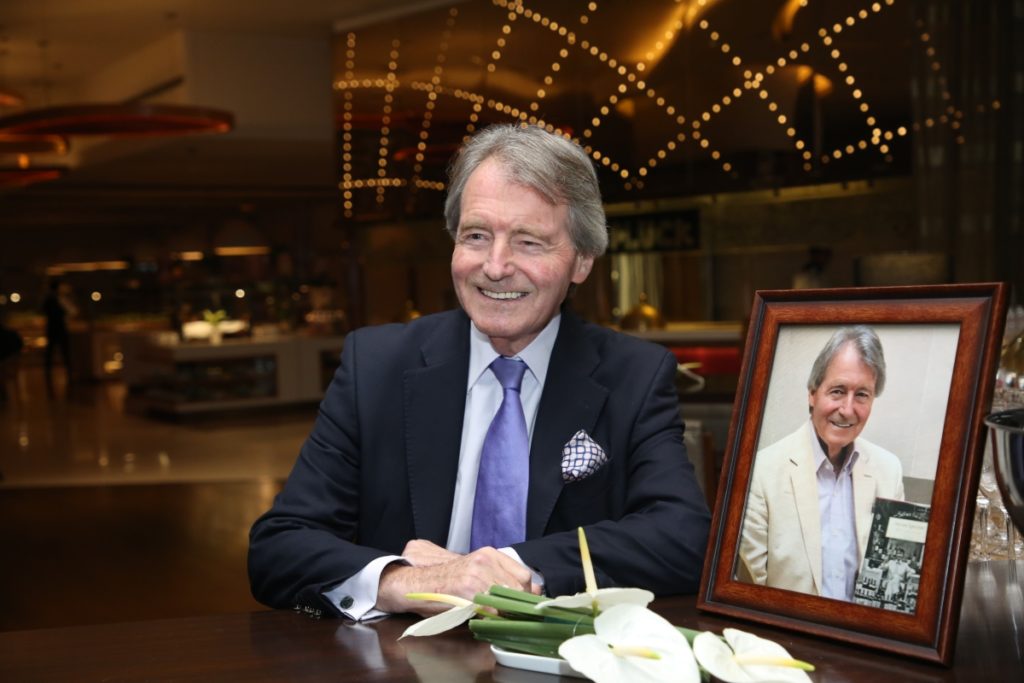
The early years, growing up and school, were just a series of flashbacks and reflections. The early days after our marriage spent in Provence were much the same as I never kept a diary, but once in Paris, from Chapter 7, ‘Bonjour Paris’ to Chapter 12, ‘Au Revoir Paris’ it was all a bit more detailed as it was a fascinating two decades from the highs at the start – the longest chapter is not surprisingly ‘The Judgement of Paris’ – to the lows at the end, as I was living it day by day. Once back in London in 1991, I began keeping an appointment’s diary, which reminded me where I had been when, but more importantly from 1994, I had a monthly column in Decanter and very often wrote about my travels around the world. Writing on a time-line with these supports to hand was quite easy and I enjoyed telling the story. Wrapping it up with the renaissance of L’Académie du Vin in Paris and London in November 2017 made perfect sense.
You became famous worldwide with the Judgement of Paris in
1976. But you have always said it was never your intention to show up French
wine, merely to bring focus on how American wine had improved at the time – 1976.
Today, 40 plus years on, what are your most important memories of the event? And
looking back, was there anything you could or would have done differently?
The Judgement of Paris was a watershed event for the wine world and it was also an event whose time had come. The circumstances were created for the recognition of quality coming out of California, which was the main purpose of the event. The result was much more dramatic than I had anticipated. The scene was wonderfully set: it was the 200th anniversary of the American Declaration of Independence, which the French had supported against the British; the fact it was held in Paris with nine of the very top palates in France; the fact that the California Chardonnays and Cabernet Sauvignons were unknown outside the United States and the fact that the white Burgundies and Clarets were classics
It was an excellent package, but two things changed it from being a low-key event to an international one: the fact that just two weeks earlier I had decided to turn it into a blind tasting and the fact that George Taber from the Paris office of Time magazine had nothing much on that day so decided to accept our invitation to attend, and that my wife Bella was there to take the photographs.
There is nothing I would have done differently, but all Patricia Gallagher and I were after was recognition of quality from California and my last minute decision to put in top French wines blind as a comparison was to avoid the California wines being ‘damned with faint praise,’ meant that the tasting just happened as it did, the only surprising thing
I have often said that if the same wines had been tasted by the same tasters the following day, the results might have been different, but it wasn’t, so the result was a once-off. Subsequent tastings in 1986 and 2006 proved beyond a shadow of
By far the most important thing for me from the event, apart from it
Look out for Part 2 of my interview with Steven Spurrier to be posted soon.
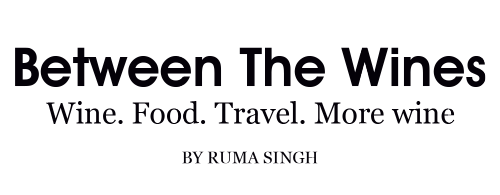
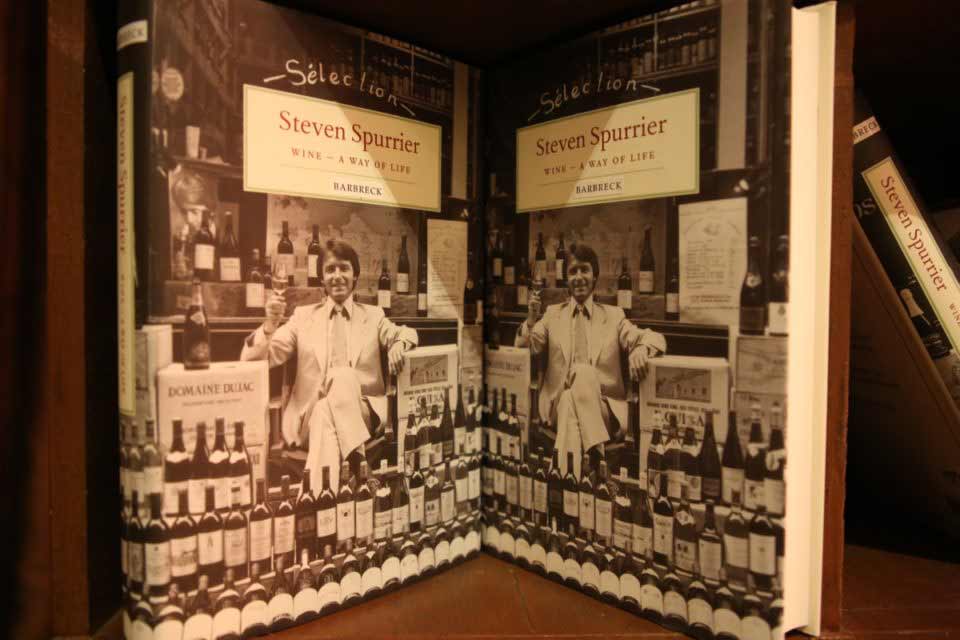
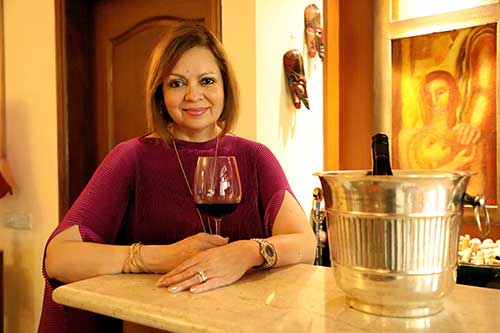
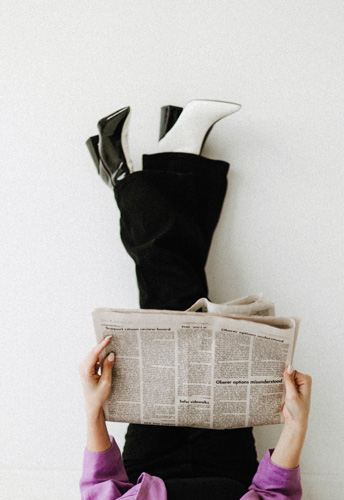
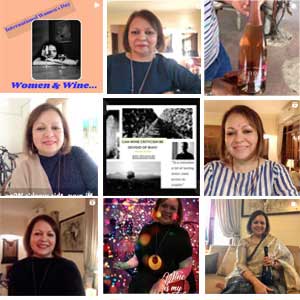

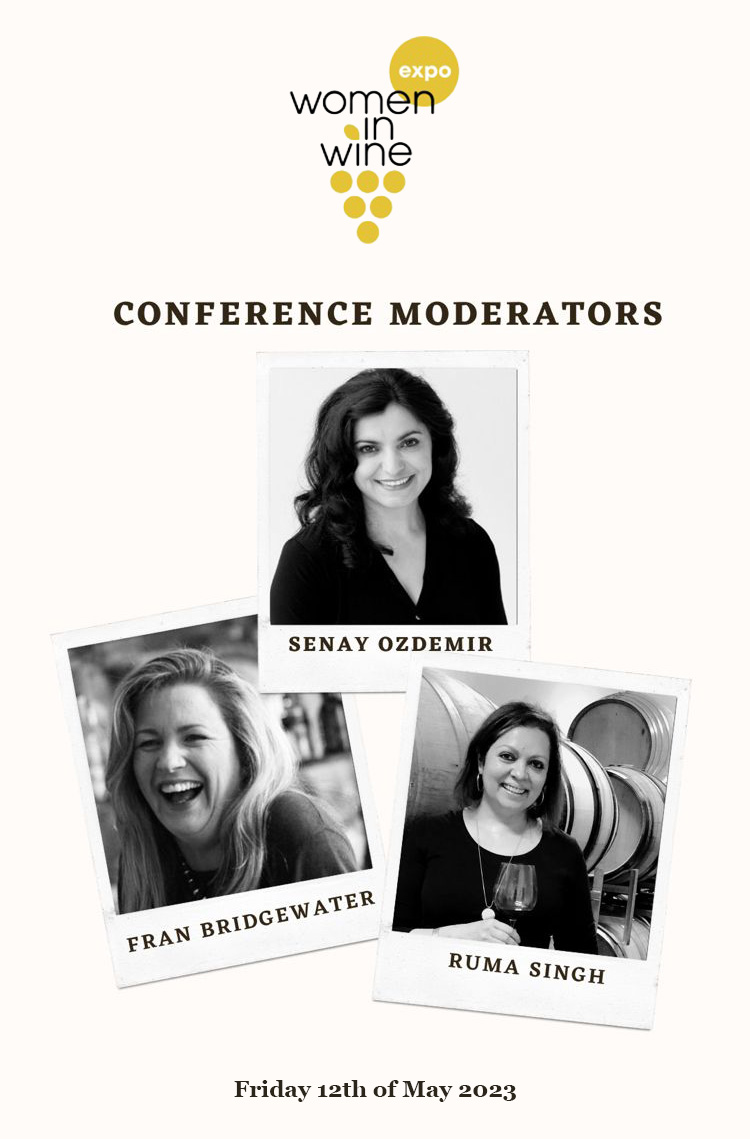
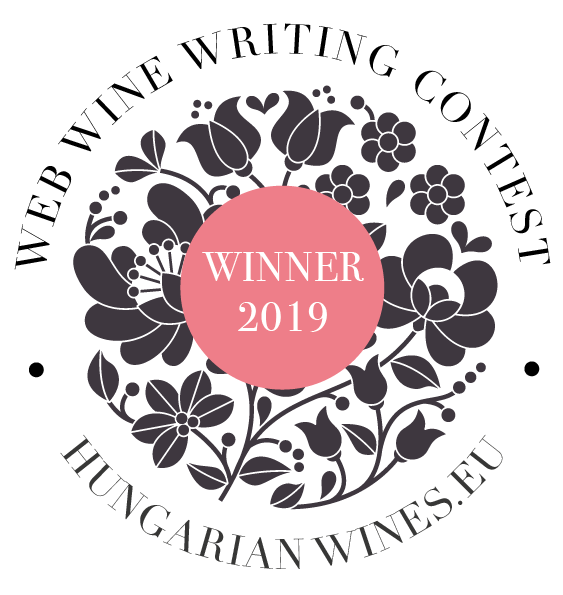


Leave A Reply